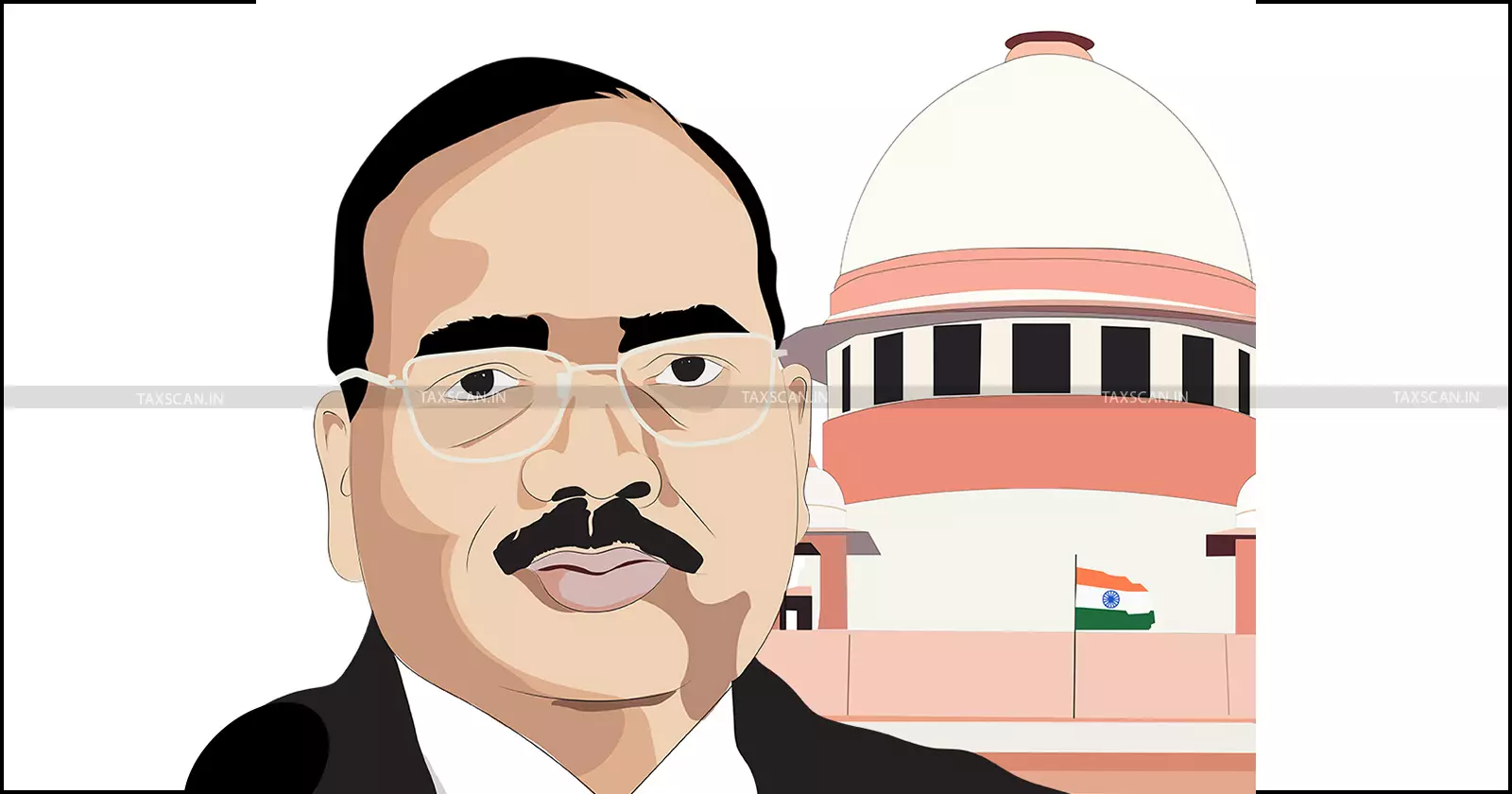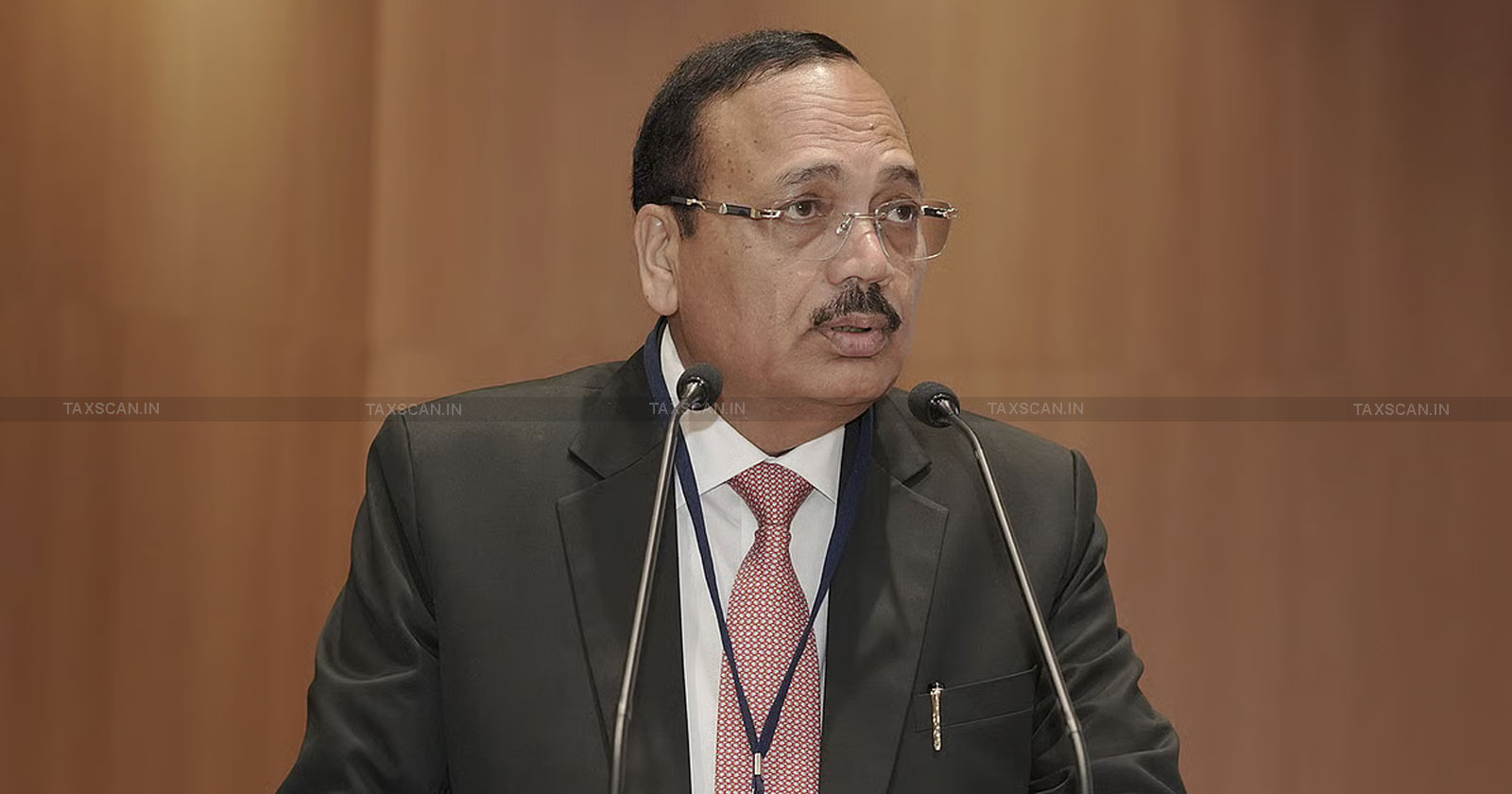Notable Tax Judgements by New CJI Surya Kant
Justice Surya Kant’s legacy in tax and financial law reflects a rare balance of legal precision, administrative fairness, and human sensitivity that defines his vision as India’s new Chief Justice.

Justice Surya Kant, the new Chief Justice of India, is widely respected for his balanced and thoughtful approach to law. Over the years, he has built a reputation for combining clear legal reasoning with a deep sense of fairness. His judgments often reveal two core qualities: respect for legislative intent and empathy for those affected by judicial decisions.
Among his most notable contributions are his rulings on tax and financial law, where he has shaped key principles on valuation, administrative discipline, and procedural fairness.
The Core Principle
At the 250th Friday Group Meeting of Supreme Court Advocates on March 29, 2025, Justice Kant explained a philosophy that defines his judicial outlook:
“When the matter comes, maybe it is also our duty to see if we are really making sure that the parties who are likely to be impacted as an outcome of the proceedings are taken care of? Courts should be considerate towards the rights of individuals who are affected by a legal decision but virtually invisible before the Courts.”
He reminded the legal community that cases between “A” and “B” often affect “C” and “D,” who may never appear before the court but still bear the consequences of its decisions. This human-centered perspective runs through his tax and financial law judgments, which aim not only for legal precision but also for justice in practical terms.
 Also Read:The ‘Invisible Victims’ Doctrine in Tax Litigation: Justice Surya Kant’s Rethinking of Equity and Fairness
Also Read:The ‘Invisible Victims’ Doctrine in Tax Litigation: Justice Surya Kant’s Rethinking of Equity and Fairness
Integrity in Fact-Finding: Hewlett Packard India Sales v. Commissioner of Customs
In Hewlett Packard India Sales (P) Ltd. v. Commissioner of Customs (Import), (2023) 7 SCC 799, Justice Kant and Justice Vikram Nath addressed the problem of reliance on unverified online material in tax adjudication. The Commissioner of Customs (Appeals) had referred to Wikipedia to interpret a classification issue.
The Court cautioned against such practices, emphasizing that tax decisions must rest on verified evidence and statutory interpretation. It was a reminder that credibility and accuracy are essential in maintaining trust in tax administration.
Excise Valuation and Administrative Discipline: Merino Panel Product Ltd.
In Commissioner of Central Excise and Service Tax, Rohtak v. Merino Panel Product Ltd. (2022 SCC OnLine SC 1677; (2023) 2 SCC 597), Justice Kant, writing for the Court, resolved a long-standing issue in excise valuation.
The case dealt with sales made partly to related parties and partly to independent buyers. The Court upheld the validity of the CBEC Circular of July 1, 2002, explaining that it was consistent with the Central Excise Act, 1944 and the Valuation Rules, 2000. Justice Kant clarified that when the “normal price” charged to independent buyers is available, it can be used as the basis for assessing related-party transactions.
He also observed that while circulars are binding on the tax department to ensure uniformity, courts remain free to interpret the law independently. Although the Court confirmed the duty demand, it deleted penalties and interest, recognizing the department’s own confusion about the valuation method.
Defining Commission and TDS: Singapore Airlines v. CIT
In Singapore Airlines Ltd. v. CIT, (2023) 1 SCC 497, the bench of Justices Surya Kant and M.M. Sundresh clarified when airlines must deduct tax at source (TDS) on payments to travel agents.
The Court held that if the relationship between the parties is that of principal and agent, the payments qualify as “commission” under Section 194-H of theIncome Tax Act, 1961. This decision overruled an earlier contrary view in CIT v. Qatar Airways and provided much-needed clarity to the aviation and travel industries.
Taxation vs. Exemption: Shanti Fragrances v. Union of India
A five-judge Constitution Bench that included Justice Kant addressed a fundamental conflict between taxation and exemption entries in Shanti Fragrances Pvt. Ltd. v. Union of India, C.A. No. 8485 of 2011.
The Bench held that a taxation entry that appears to contradict an exemption provision does not automatically override it. More importantly, it reaffirmed that judgments can only be overruled by a larger bench, not by another of equal strength, ensuring consistency and stability in tax interpretation.
Balancing Law and Liberty: Arvind Kejriwal v. CBI
In Arvind Kejriwal v. CBI (2024 SCC OnLine SC 2550), a politically charged case involving the Delhi Excise Policy investigation, a division bench of Justices Surya Kant and Ujjal Bhuyan granted bail to the Delhi Chief Minister.
Justice Kant upheld the legality of the CBI’s arrest, finding no procedural violation, while Justice Bhuyan expressed doubts about its necessity. Despite this difference, both judges agreed on bail, demonstrating Kant’s balanced approach respecting the rule of law while ensuring that liberty is not unnecessarily curtailed.
Understanding Market Realities: The Fiat India Context
Justice Kant’s decision in Merino Panel Product also reflected a nuanced understanding of CCE v. Fiat India Pvt. Ltd. (2012). The earlier case had held that long-term below-cost pricing for market penetration could invalidate “transaction value.” Justice Kant distinguished that ruling, noting that business strategy and market realities must be considered before labeling such pricing as artificial.
This sensitivity to commercial context shows his ability to connect legal reasoning with economic logic.
His words at the Friday Group Meeting sum up his philosophy best: courts must be considerate toward those affected but unseen. As Chief Justice of India, Justice Kant’s leadership promises a judiciary that not only interprets the law clearly but applies it with conscience and compassion.
Support our journalism by subscribing to Taxscan premium. Follow us on Telegram for quick updates


